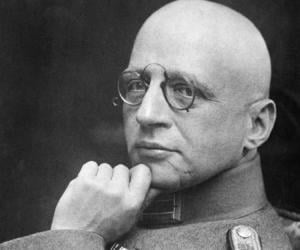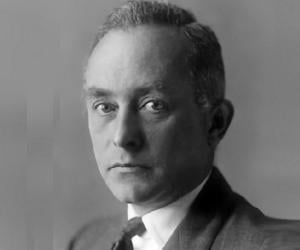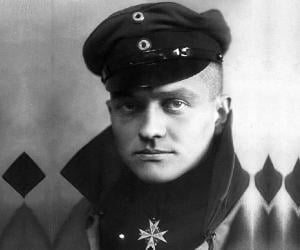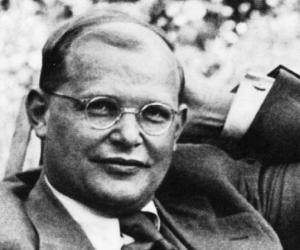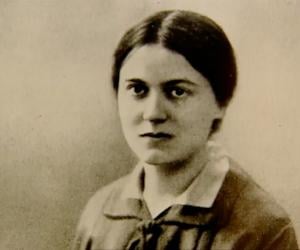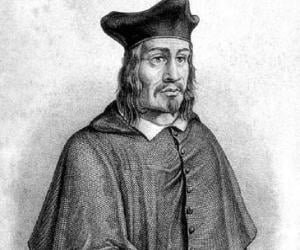Fritz Haber was a German chemist who was honored with the prestigious Nobel Prize in Chemistry for inventing the Haber-Bosch process. The process is used widely to synthesize ammonia from hydrogen gas and nitrogen gas. For his pioneering work in weaponizing poisonous gases like chlorine during World War I, Haber is referred to as the father of chemical warfare.


Edith Stein was a German Jewish philosopher who studied at the University of Freiburg and completed her dissertation on empathy. Always interested in Catholicism, she read the autobiography of the mystic Teresa of Ávila and converted to Christianity, and became a Discalced Carmelite nun. She was killed in the Auschwitz concentration camp and is canonized as a martyr.
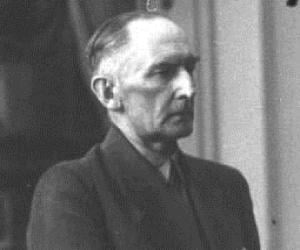
German field marshal Erwin von Witzleben was one of the main conspirators of the 20 July plot to assassinate Adolf Hitler. Arrested for his crimes, he was later forced to appear in court without his false teeth and eventually executed and hung from a meat hook by a piano wire.
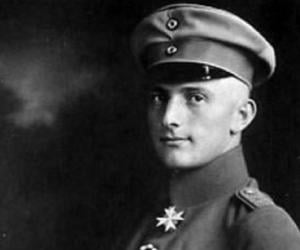
Lothar von Richthofen was a German flying ace who served during the First World War. He was the younger brother of another aviator Manfred von Richthofen, whose life inspired the 2008 German-British biopic The Red Baron where Lothar von Richthofen was played by German actor Volker Bruch. Richthofen died in a flying accident when he was just 27 years old.
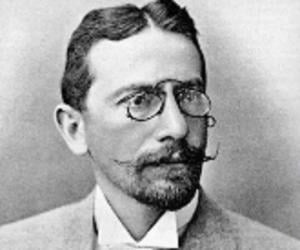
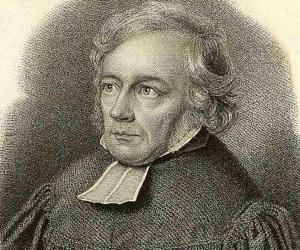
Hailed as an early leader of liberal Christianity, Lutheran philosopher Friedrich Schleiermacher was also an eminent biblical scholar and theologian. Best remembered for his works on hermeneutics and theory of translation, he also had a great impact on the evolution of higher criticism and became known for his attempt to reconcile the criticisms of the Enlightenment with traditional Protestant Christianity.
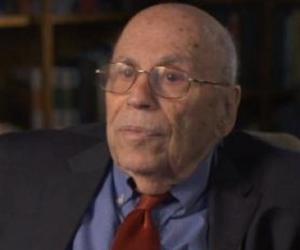
Michael O. Rabin is an Israeli computer scientist and mathematician. He is best known for creating the popular Rabin–Karp string search algorithm. In 1976, Michael O. Rabin was honored with the prestigious Turing Award for a paper written in 1959. In 2010, Rabin was presented with the Tel Aviv University Dan David Prize.
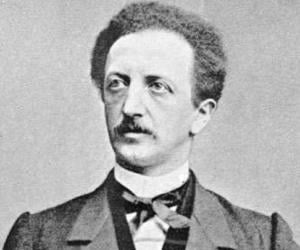
Enamoured by the ideas of French and German philosophers, Ferdinand Lassalle initially aspired to be a lecturer. He later joined the socialist cause and spearheaded Germany’s social democratic movement. He also introduced terms such as the iron law of wages and concepts such as Lassallism, or achieving socialist ideals through the state.

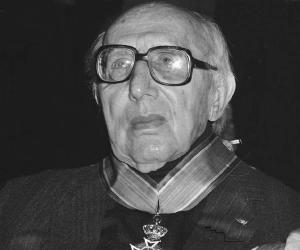
Norbert Elias was a German-British sociologist. He is best known for his theory of civilizing/decivilizing processes. He studied philosophy, psychology, and medicine at the University of Breslau and was deeply involved in the German Zionist movement. He later moved to the United Kingdom where he pursued an academic career. He wrote prolifically following his retirement.
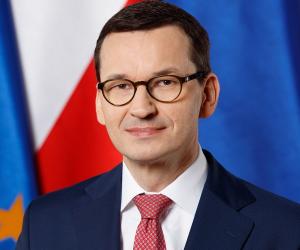
Mateusz Morawiecki is a Polish historian, economist, and politician. The current Prime Minister of Poland, Morawiecki has also held other important positions; between 2015 and 2018, he served as the Minister of Development as well as the Minister of Finance. Mateusz Morawiecki also served as the Deputy Prime Minister of Poland from 2015 to 2017.

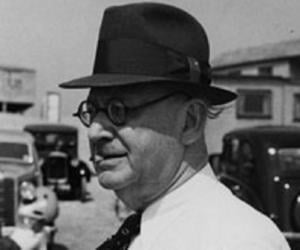

Moritz Moszkowski was a pianist, teacher, and composer of Polish-Jewish descent. He achieved popularity during the late 19th century and was well respected by his peers. Moritz Moszkowski is credited with teaching future composers like Ernest Schelling, Joaquín Nin, Carl Lachmund, and Joaquín Turina.
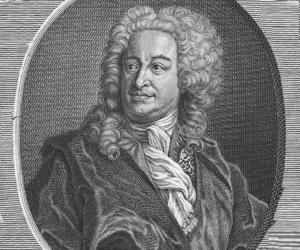
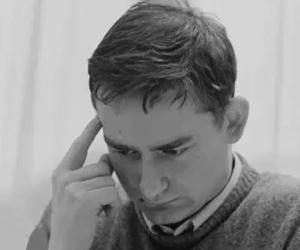

German pianist and conductor Christoph Eschenbach had lost his mother at birth and his musicologist father to the Nazis. Thus, orphaned as a child, Eschenbach took up music as a cure for his trauma. He later grew up to be the director of the Philadelphia Orchestra and the National Symphony Orchestra.
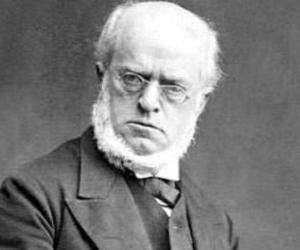
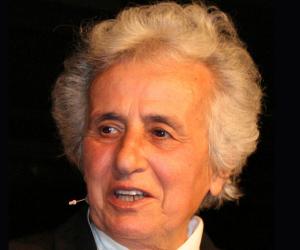
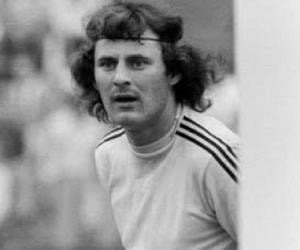
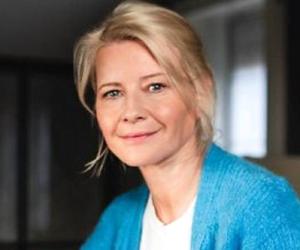
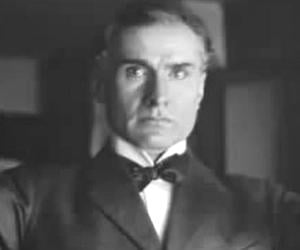
German-born American conductor and composer Walter Damrosch, best-known in his day as an avowed propagandist and conductor of the music of Richard Wagner, directed the New York Symphony Orchestra for over four decades. He conducted world premiere performances of George Gershwin's An American in Paris and Piano Concerto in F. He played key role in founding of the Carnegie Hall.
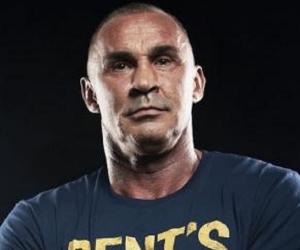
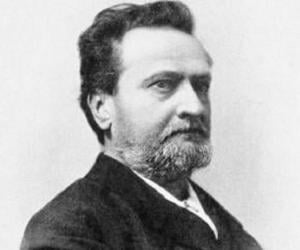
German botanist Julius von Sachs is remembered for his contribution to the development of experimental plant physiology. He also conducted significant studies on areas such as transpiration of water. He was the chair of botany at the University of Freiburg-im-Breisgau and a professor of botany at the University of Würzburg.
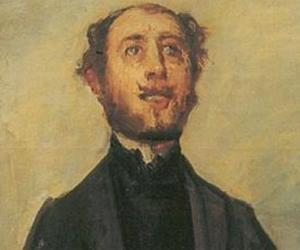
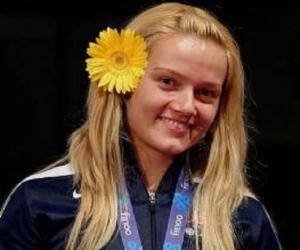

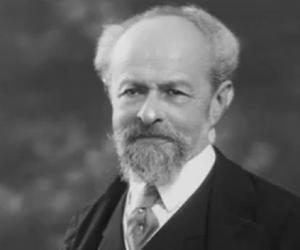
George Henschel started his career as a pianist but later found success as a baritone. Born in Germany, he later acquired a British citizenship and performed as the Boston Symphony Orchestra’s first conductor. He was also knighted for his achievements. He was married to soprano Lilian June Bailey.
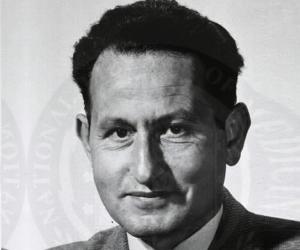
German-American biochemist Heinz Ludwig Fraenkel-Conrat, who remained part of the faculty at the University of California, Berkeley, for over four decades, is best-remembered for his research on the tobacco mosaic virus (TMV) and the holmes ribgrass virus (HRV). He worked with Robley Williams and demonstrated that it is possible to create a functional virus from purified RNA and a protein coat.
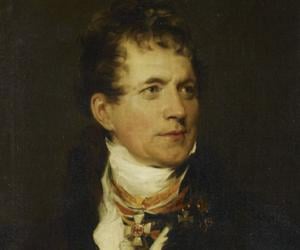
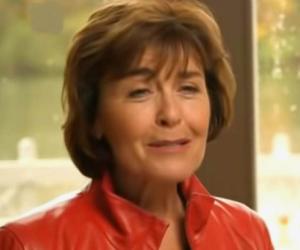
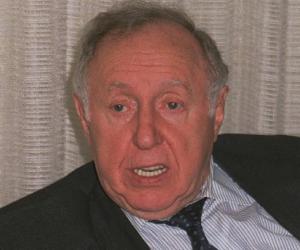

Vernon Ingram was a German-American professor who taught biology at the prestigious Massachusetts Institute of Technology. In 1956, Ingram worked alongside Antony O. W. Stretton and John A. Hunt and made significant discoveries in the field of biology. In 1967, Vernon Ingram was honored by the American Society of Human Genetics with the William Allan Award for his work.
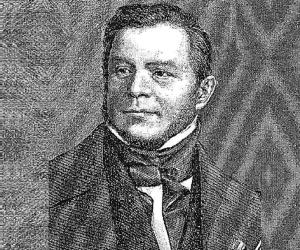
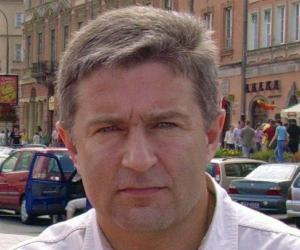
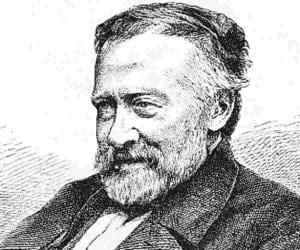
Though he initially studied law, German author Willibald Alexis plunged into full-time writing after the success of his work Walladmor. He also gained fame as a literary critic and an editor, and later also authored a series of travelogues. A master of Prussian history, he was also part of the Young Germany movement.
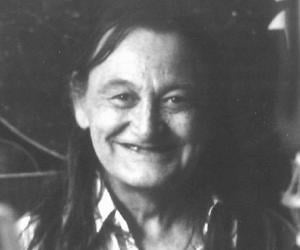
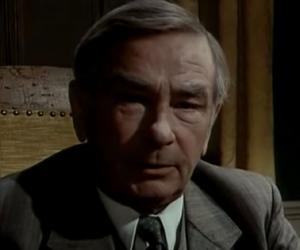
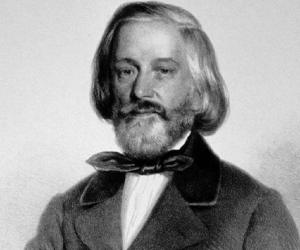
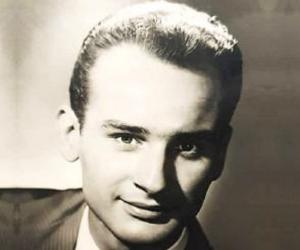
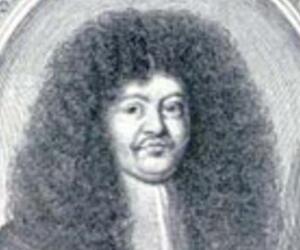
A major figure of the Second Silesian School, German poet Christian Hofmann von Hofmannswaldau contributed immensely to Baroque literature. In his later years, he became the Bürgermeister of Breslau. Best known for works such as Heldenbriefe, he gained most of his literary fame posthumously. His works contained both erotic and religious elements.
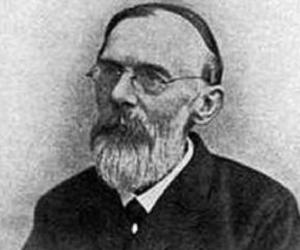
Robert Eitner was a German musicologist, bibliographer, and researcher. He is best remembered for his 10-volume reference book called Quellen-Lexikon which located the manuscripts and printed music of early theoreticians and composers in over 200 European libraries. For over 50 years, the book served as a principal guide for music research.
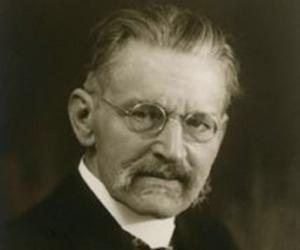
Richard August Reitzenstein was a German scholar of Gnosticism, hermetism and Ancient Greek religion. Along with Wilhelm Bousset, Reitzenstein is regarded as one of the most influential figures of the history of religions school. Richard August Reitzenstein was also a classical philologist and his 1904 work on Poimandres was a pioneer scholarly study of the treatise.

Max Habicht was a Polish educator best remembered for teaching Arabic in Paris; he studied Arabic for 10 years under Antoine Isaac Silvestre de Sacy. Max Habicht is also remembered for his recension of the popular work, One Thousand and One Nights.
